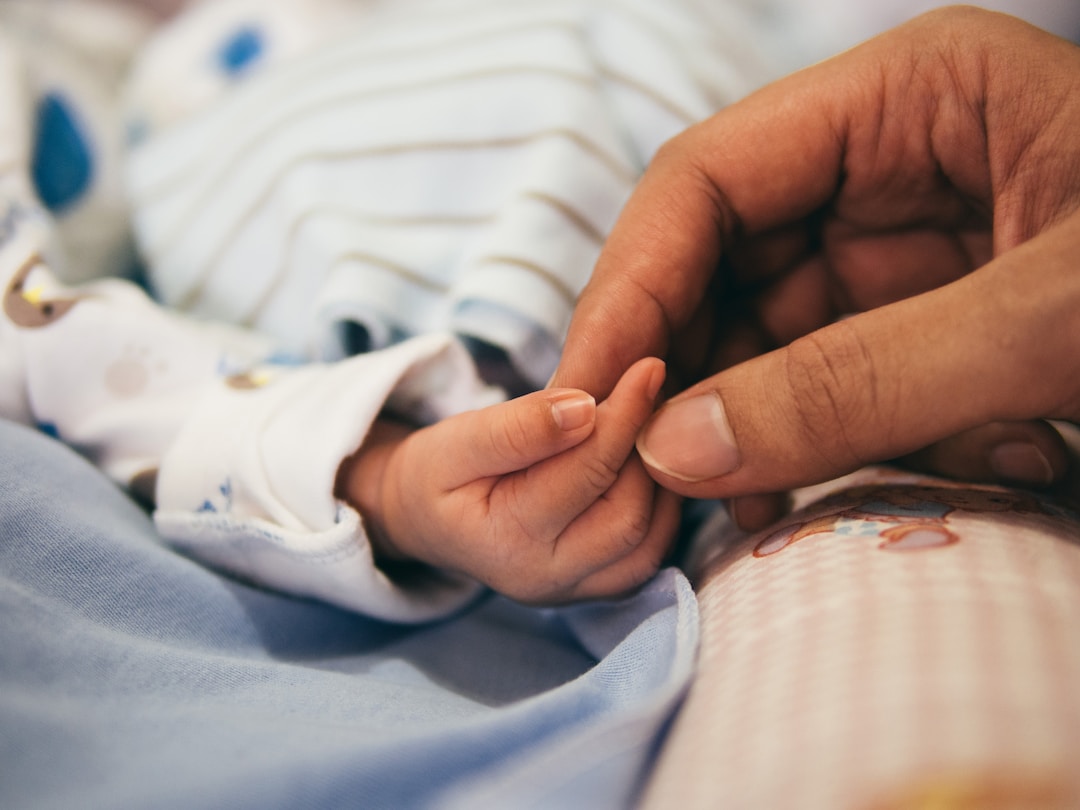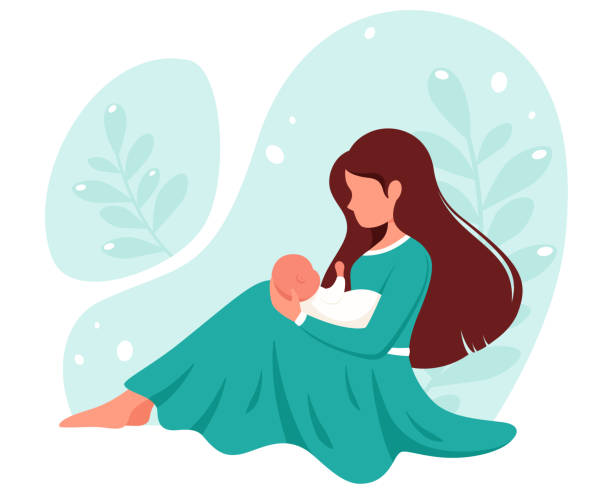Maternity refers to the time when a person’s pregnant and includes the period after they’ve given birth. The human body goes through multiple changes during this period, including hormonal changes and weight gain. Typically, pregnant women experience various symptoms, including back pain, swollen breasts, and morning sickness.
Maternity leave refers to the period a person takes off work when they have a baby. Some people take time off before giving birth because of medical issues. Others take time off after giving birth or have time before and after delivering their baby. Let’s look at how maternity leave works in different parts of the world and why moms benefit from time off.
There are many reasons for taking time off work.

Labor can be an exhausting experience, and it’s typically followed by weeks of disrupted sleep while caring for your baby’s needs. Consequently, the period after giving birth is a physically and emotionally challenging time when new parents are sleep-deprived and may struggle to function normally.
Mothers are also encouraged to choose to breastfeed. Breast milk offers multiple nutritional benefits, such as reducing an infant’s chances of developing ear infections or asthma. To enable mothers to sleep through the night and prepare to transition back to work, many moms use breast pumps to pump milk for their babies.
Wearing a pumping bra simplifies the pumping process. Using a hands-free pumping bra enables moms to enjoy the convenience of multitasking while pumping milk. These hands-free pumping bras are ideal for electric breast pumps such as pumps made by Ameda, Lansinoh, Medela, and Spectra. They’re designed for maximum coverage and don’t have underwire, ensuring the wearer’s comfort. While hands-free pumping bras are a game-changer and simplify pumping breast milk, new moms still need time to master the process to ensure they pump enough breast milk.
You may need work modifications while pregnant.

Many nations provide legal protection for pregnant workers. When employers fail to make reasonable accommodations to an employee’s duties, the employee may sue their employer for discrimination. If the pregnant worker suffers a workplace injury, they may have grounds for a workers compensation case.
When you’re injured on the job in Australia, contact lawyers who handle personal injury and workplace injury cases. These attorneys are highly trained legal experts with extensive experience dealing with workers compensation in Queensland. Personal and workplace injury attorneys understand applicable laws. Their familiarity with relevant case law enables them to prepare a legal case to pursue compensation for medical bills. Employees may also receive compensation for pain and suffering and lost wages.
Maternity leave varies throughout the world.

Women in Estonia can take 20 weeks of leave, followed by 62 weeks of parental leave. They receive pay during this period, and their jobs are protected, ensuring they can return to work once their leave’s up.
Women in Austria don’t have the option of working when they give birth. They’re mandated to take eight weeks off before and after giving birth and receive full pay during this time. The total period during which they can receive full-rate equivalent (FRE) pay is 49 weeks. Japan and Sweden offer 36 and 35 weeks off with FRE, respectively, while Mexico and the U.K. provide new moms with 12 weeks of paid time off.
In Canada, moms can take paid leave. Moms can receive employment insurance payments for 18 months, enabling them to stay home with their children. In contrast, although over 80 percent of Americans support having paid parental leave, the U.S. offers no guaranteed time off with FRE. Only 60 percent of employees are eligible for three months of unpaid leave.
Maternity leave varies throughout the world. New moms go through physical and emotional changes during pregnancy and delivery. Some countries offer full pay during leave, while others offer reduced or no pay during maternity leave.

